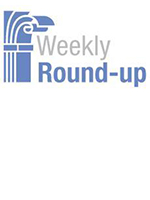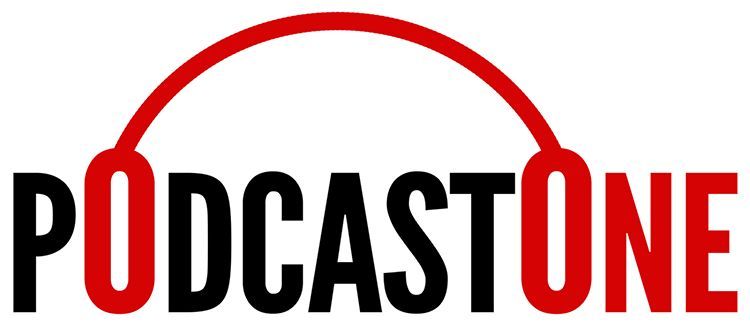
Weekly Roundup: August 21-24, 2020

Michael J. Keegan
The risks of supply chain threat sharing. Some of the most valuable data around supply chain threats – identifying suspicious or untrustworthy actors -- can often be legally perilous to share.
SDN and the post-COVID office. The General Services Administration is counting on software-defined networking services to help it manage demand for connectivity in offices nationwide, according to one of the agency's key IT managers. GSA, which manages the $50 billion governmentwide Enterprise Infrastructure Solutions contract vehicle selected SDN capabilities when it came to modernizing its own telecommunications profile.
How data can lead states to post-pandemic recovery. A new report compiled by the State Chief Data Officers (CDO) Network lays out a post-COVID roadmap that details how data will be critical to economic recovery in four key areas: workforce and education, budget reallocation, health and benefits, and neighborhood well-being. To effectively make data-driven policy around those issues, however, states must be able to share information on populations susceptible to getting the coronavirus and vulnerable to the related economic fallout.
10 things to consider when making tough decisions. Decision-making should include several factors, including a self-examination of who will be affected and your emotional state, but a pros-and-cons list won't be helpful, writes Dan Rockwell. "The pros and cons method doesn't work because you discount options that don't support the decision you've already made," he writes. Leadership Freak
Resilient people find a path forward. Resilience is a quality best demonstrated by how you move forward, whether through new possibilities, getting rid of clutter or connecting with people around you, writes Eileen McDargh. "Remind yourself of a time some event struck, and you didn't think you could get through it: a death, divorce, job loss, diagnosis, you name it, and identify what brought you through the event," she writes. Seapoint Center
Why the best leaders love what they do. Great leaders have integrity, humility and love what they do, says David Rubenstein, co-founder of The Carlyle Group. "You lead by wanting to lead, by preparing to lead by having made a mistake, by persisting, but also, by having a vision of where you want to go to take people certain places," he says. Chief Executive online
Creating a Team Culture of High Performance. Some teams work despite the fact that there aren’t many standout performers. Others fail despite having some rock stars. Why is that? Why is one team successful and another not? Here’s an interview with Mike Robbins’ book, We’re All In This Together. Mike has worked with a number of top companies and enjoyed a baseball career with the Kansas City Royals.
John Kamensky
Demand, Not Supply. NextGov reports: “The Advisory Committee on Data for Evidence Building will meet for the first time in the coming weeks to wrestle with questions about the federal data strategy, such as whether the government can and should stand up a national secure data service. . . .However: “Just linking an enormous data set together is like a fever dream for academics, but it actually doesn't generate research. Research happens when people have a real question and you build the data to answer that question.”
Linking Metrics and Rewards. Howard Risher writes in Government Executive: “The culture of compliance is a high barrier to improved results. Compliance is effectively the inverse of empowerment to make job-related decisions. Compliance is great when operations are well organized, running smoothly and producing desired results.”
Classified Telework. NextGov reports: “Since the coronavirus reached pandemic status in March, the vast majority of remote work being performed by Defense Department employees is on the unclassified side. But the lingering pandemic is pushing the Pentagon and its agencies to launch various classified telework pilots that could forever change the way the department operates.”
Standardizing Health Data. Governing reports: “There are signs the COVID-19 pandemic has created momentum to modernize the nation’s creaky, fragmented public health data system, in which nearly 3,000 local, state and federal health departments set their own reporting rules and vary greatly in their ability to send and receive data electronically.”
Effective Data Strategies. The Data Foundation reports that it: “. . . surveyed federal government CDOs to assess progress implementing their new roles and responsibilities. There are signs of progress, as federal agencies implement the Evidence Act and supplemental guidance from the Executive Branch.” Download the report!
* * * * * *
Next Week on The Business of Government Hour: A Special Series focusing on Leading Through Uncertain Times with Dr. Michael Canic, author, Ruthless Consistency. What is ruthless consistency and how can it make you a better leader? Why should we jettison strategic planning and purse strategic management? How important is ruthless consistency for leaders facing today’s crisis? Join host Michael Keegan as he explores these questions and more on a Special Edition of The Business of Government Hour.
Broadcast Schedule: The show airs Monday at 11 a.m., and Friday at 1 p.m. on Federal News Network 1500AM WFED
Anytime, Anywhere on...

https://www.podcastone.com/the-business-of-government-hour

https://itunes.apple.com/us/podcast/the-business-of-government-radio-hou



